AI and brain implant enables ALS patient to easily converse with family ‘for 1st time in years’
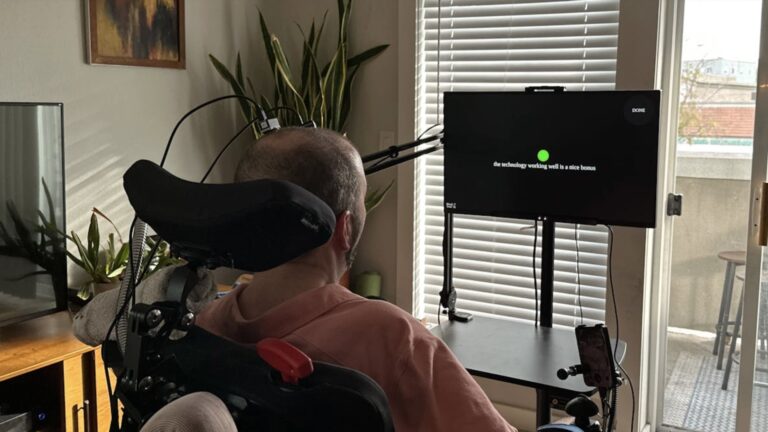
A researcher describes the technology behind a device that translates thoughts into words for people who cannot otherwise speak.
Science and Technolgy blog

A researcher describes the technology behind a device that translates thoughts into words for people who cannot otherwise speak.
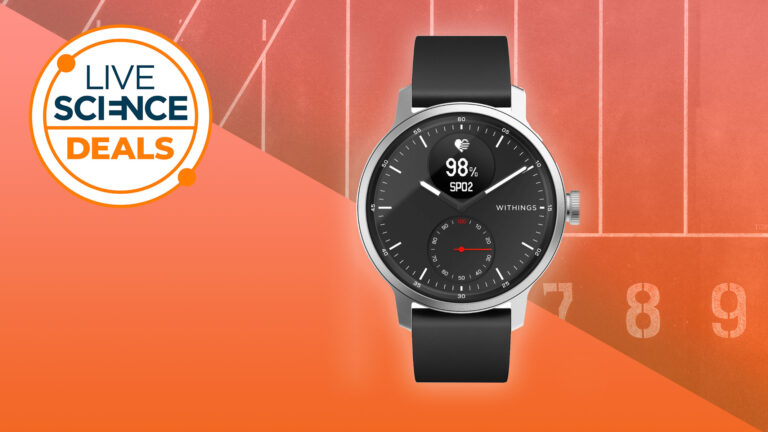
The Withings ScanWatch Hybrid is now 20% off at Best Buy’s Clearance Sale.
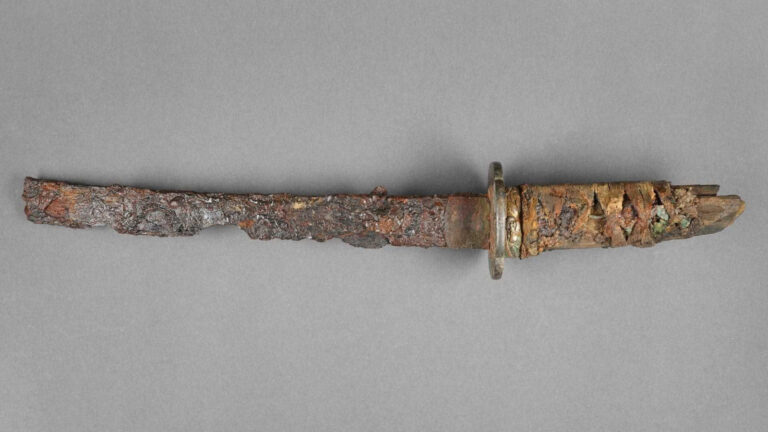
The 17th-century sword was found in a cellar that was destroyed during World War II, but it’s unknown how it ended up there.

A new study suggests that millions of tiny space rock fragments, which were ejected from the deliberate 2022 collision between the asteroid Dimorphos and NASA’s DART spacecraft, may be on a collision course with Earth and Mars. While these fragments…
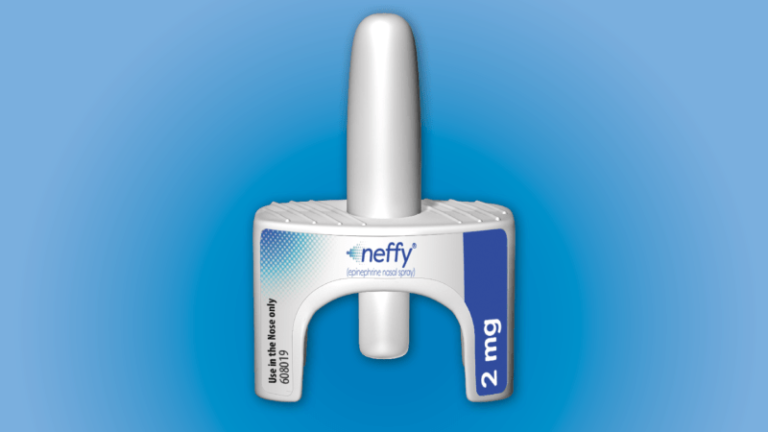
A new epinephrine nasal spray gives people a needle-free way to treat severe allergic reactions to food, insect venom and drugs.
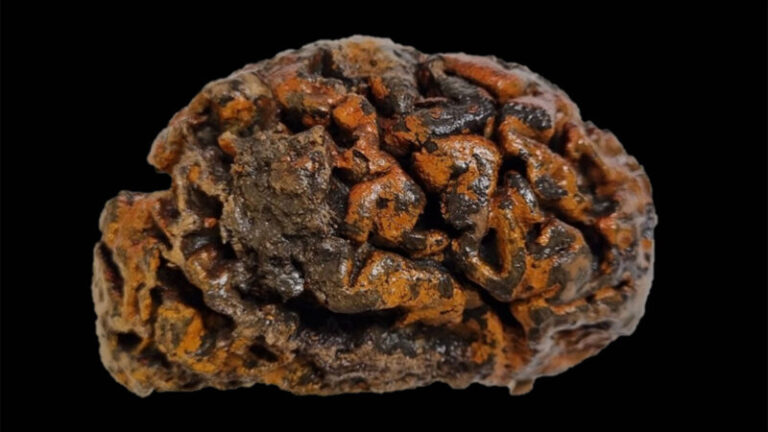
Archaeologists, take note. There may be brains hiding inside excavated human skulls. New data show that human brains can resist decay for at least 12,000 years. When scientists find ancient preserved brains, they often call their finds unique or one-of-a-kind,…
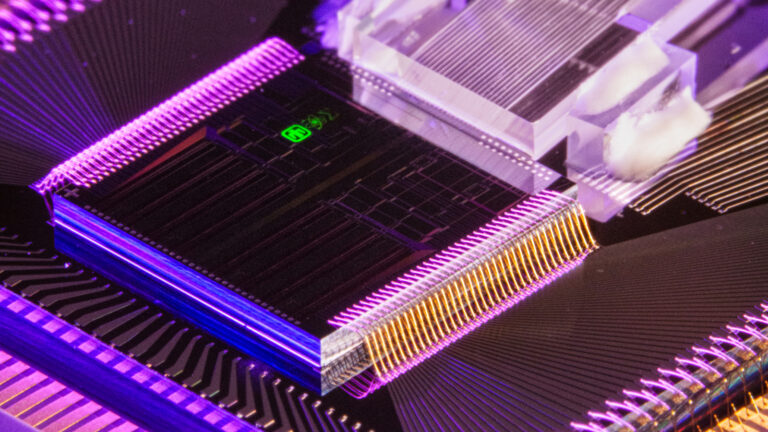
Quantum compasses need six atom interferometers, each the size of a small room, to work. But scientists have made crucial steps to miniaturizing these devices.
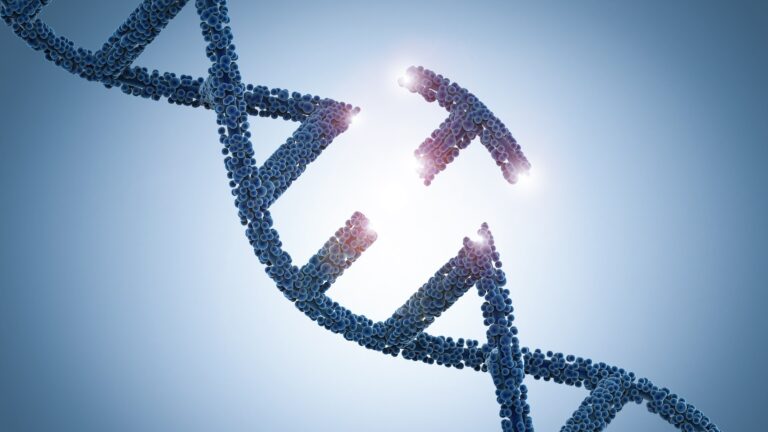
Medical anthropologist and bioethicist Julia Brown says scientists and nonscientists need to talk about whether and how we should use CRISPR to edit the fetal genome.

Images by the James Webb telescope of six Jupiter-sized worlds, one of which may have a moon-forming disk, reveal clues into how planets and stars form.
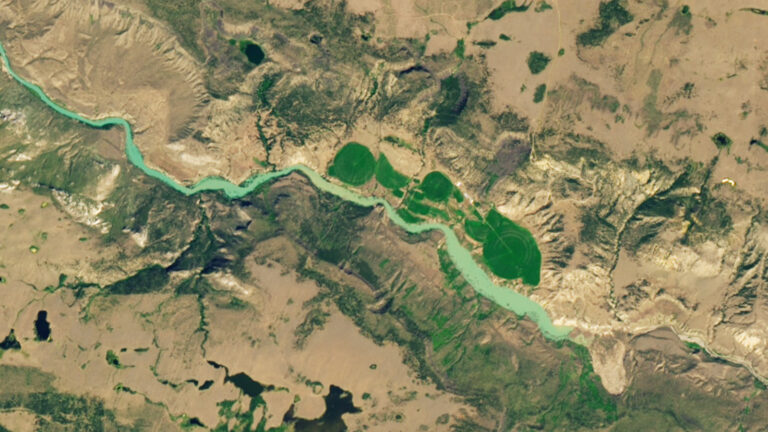
A recent landslide along the banks of a river in British Columbia completely dammed the waterway, leading to evacuation warnings and potentially dooming an endangered fish population trapped on the wrong side of the debris.